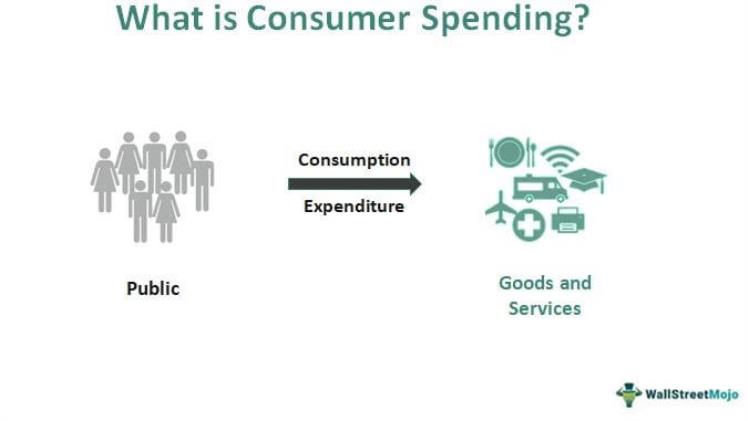Economic Policy and Its Impact on the Financial Industry and Consumer Spending

Economic policy refers to the decisions governments make, such as taxation and spending decisions or monetary matters like interest rates. Governments typically employ economic policy tools in order to meet objectives such as inflation targets, unemployment reduction targets or growth targets.
In some cases, these objectives may clash with one another; for instance, a government may try to control prices while simultaneously encouraging investment or employment growth. This creates an impasse.
What is the best way to balance these competing objectives?
A balanced approach to economic policy includes various policies across different areas, all designed to boost growth and create jobs.
Fiscal policy is a form of government intervention designed to stimulate the economy through tax cuts, transfers, or new discretionary spending. It may include measures for the poor such as public works projects or social welfare programs; or it can stimulate business investment through funding capital investments or tax cuts.
Stabilization policies are a type of fiscal policy designed to create an even playing field between business cycles and economic expansion. They may come in the form of automatic stabilizers, which adjust according to changes in tax revenues and expenditure levels; or discretionary fiscal stimulus, such as new discretionary spending or tax cuts.
These policies aim to boost the economy when it is weak and prevent excessive inflation. Furthermore, they can try to maintain a stable money supply growth rate which prevents overheating.
The financial industry plays a pivotal role in the economy, managing credit allocation and financing production. It also plays an integral role in maintaining growth and stability throughout the system.
It can be divided into three main sectors: banking, insurance and securities. The banking sector issues and distributes loans; the insurance sector offers protection against risks; while the securities sector purchases and sells stocks, bonds and other securities.
In certain advanced economies, such as the United States, the financial sector is the most significant sector of the economy. It provides many jobs and plays an essential role in keeping economies running smoothly.
When the United States faced the 2007 mortgage meltdown, it had a profound effect on all sectors of society as it undermined financial markets and investor confidence. This ultimately caused a recession and compelled governments to respond with various types of fiscal stimulus measures.
Consumer spending, or personal consumption expenditures, refers to the goods and services purchased by consumers. It has become a widely used indicator for measuring an economy’s strength.
Data on consumer spending is available from several sources, such as the Bureau of Economic Analysis (BEA) and National Income and Product Accounts, which release annual estimates. Furthermore, both agencies conduct consumer expenditure surveys to provide more specific figures about spending patterns.
Economists can analyze these statistics and determine how much they impact the economy, which can be useful when crafting effective economic policies. Furthermore, economists are even capable of making predictions about potential outcomes from certain policies.